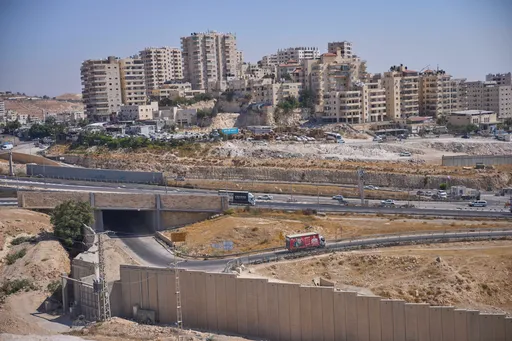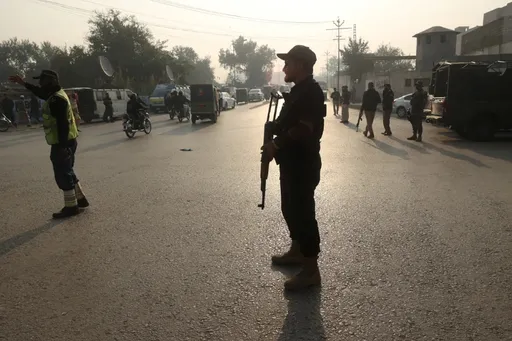Violence has erupted in parts of India with thousands of angry youths setting train coaches and vehicles on fire, blocking highways and attacking police with rocks to protest a new short-term government recruitment policy for the military.
Police used batons and tear gas to disperse the protesters on Thursday in Bihar, Madhya Pradesh and Rajasthan states where they took to the streets and damaged government buildings.
Nearly 25,000 police were deployed in the worst-hit Bihar state, where the protests spread to a dozen towns in eight districts, said S.K. Singhal, a police officer. The protesters blocked highways and disrupted train service for several hours.
Under the new job programme announced by Defence Minister Rajnath Singh this week, the armed forces this year can recruit 46,000 men and women in the age group 17.5-21 but only for four years. Seventy-five percent of them will be compulsorily retired after four years with no pension benefits.
A full-time recruited soldier serves for over 35 years.
READ MORE:Thousands protest ruling BJP's 'bulldozer justice' against Indian Muslims
Training by armed forces
Singh defended the programme, saying its aim is "to strengthen the security of the country.”
The government of Prime Minister Narendra Modi, which is facing national elections in 2024, is under pressure to provide jobs as India's economy recovers from the pandemic slump.
One idea behind the short-term military recruitment is that those trained by the armed forces can later seek jobs with police or the private sector.
The government faced criticism from some retired soldiers and opposition leaders.
“I thought initially it was a trial being done on a pilot basis. This is an across-the-board change to convert Indian armed forces to a short tenure quasi-conscript force,” G.D. Bakshi, a retired army general, tweeted.
Rahul Gandhi, a key opposition Congress party leader, urged the government to "listen to the voice of the unemployed youth of the country.”
In Gwalior, a city in central India, a railroad station was ransacked, some trains vandalised and trash cans set on fire.
In the northern town of Rewari, police used wooden sticks to disperse protesters who blocked a bus station and parts of a key highway linking Rajasthan state with New Delhi, the Hindustan Times newspaper reported.
A crowd gathered in Uttar Pradesh state's Bulandshahr and Ballia districts but dispersed after officials assured them that their demand would be conveyed to authorities.























